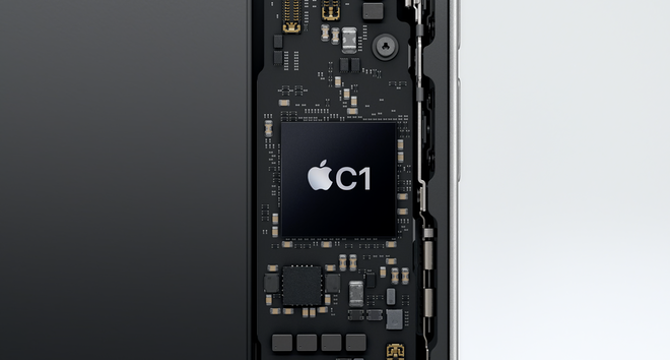Macdailynews
4w
178

Image Credit: Macdailynews
iPhone 16e’s Apple C1 modem vs. iPhone 16’s Qualcomm modem
- The iPhone 16e is the first device to include Apple's C1 modem, marking a significant move away from reliance on Qualcomm.
- Ookla analyzed performance data of the iPhone 16e and iPhone 16, noting differences in download speeds and mmWave support.
- The iPhone 16e outperformed the iPhone 16 in download speeds for AT&T and Verizon but fell behind on T-Mobile's network.
- T-Mobile's advanced 5G network may have contributed to the iPhone 16e's lower download speed performance compared to the iPhone 16.
- Verizon's download speeds lagged behind AT&T and T-Mobile for both the iPhone 16e and iPhone 16.
- In the lower 10th percentile of users, the iPhone 16e had better download speeds across all three mobile providers compared to the iPhone 16.
- However, at the top 90th percentile, the iPhone 16 outperformed the iPhone 16e on all three providers in terms of download speeds.
- iPhone 16e users on Verizon and AT&T experienced higher upload speeds compared to iPhone 16 users, with AT&T users showing a 38% increase in median upload speeds.
- Overall, the iPhone 16e offers better worst-case speeds, while the iPhone 16 boasts higher top-end performance due to mmWave support.
- Apple also faces other developments, including EU directives on ecosystem access and plans for a rumored 'iPhone 17 Air'.
Read Full Article
10 Likes
For uninterrupted reading, download the app